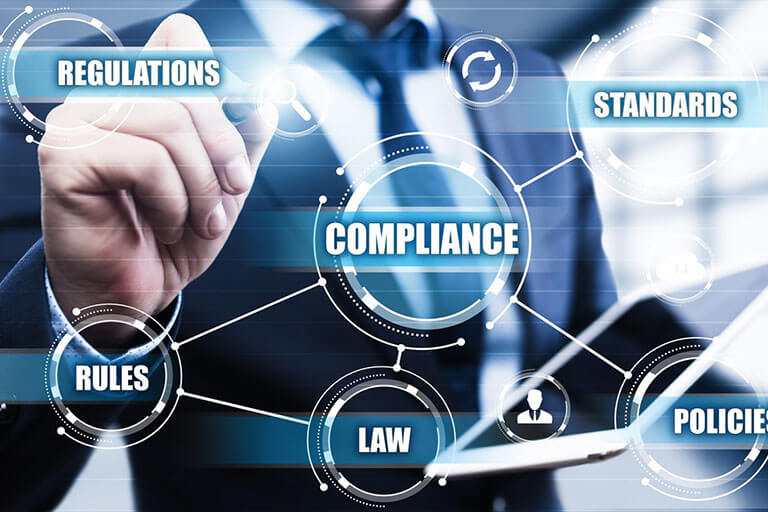In the dynamic landscape of finance and accounting, professionals consistently grapple with repetitive, time-consuming processes that limit their capacity for strategic, value-driven tasks. Accounting, historically dominated by manual data entry, spreadsheet management, and rigorous compliance checks, is now experiencing a profound transformation through automation technologies. Today, automation tools and low-code platforms provide accountants and finance …
Continue reading “Revolutionizing Accounting Through Automation: Bridging Finance and Tech”















